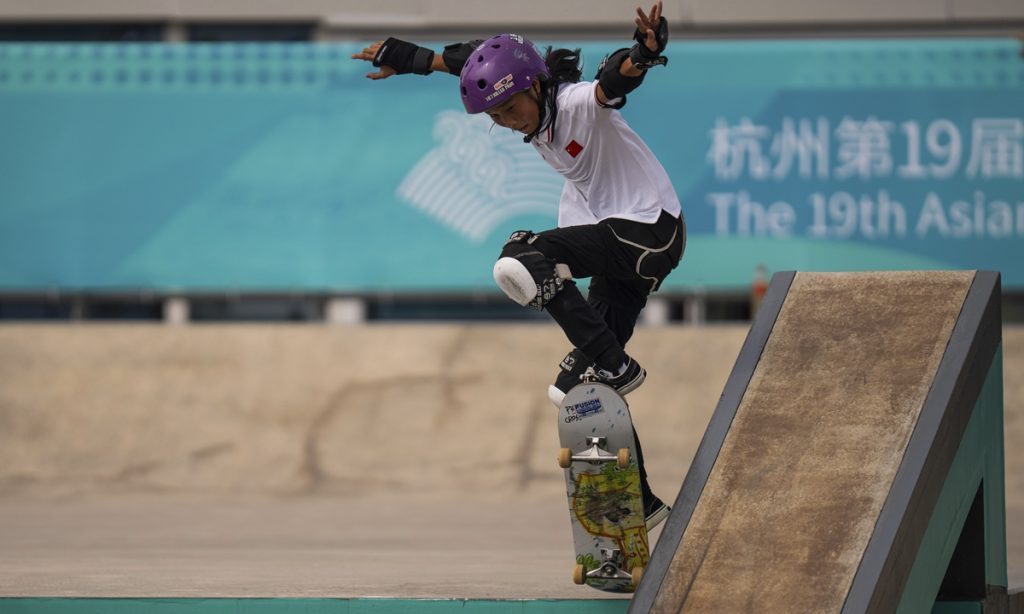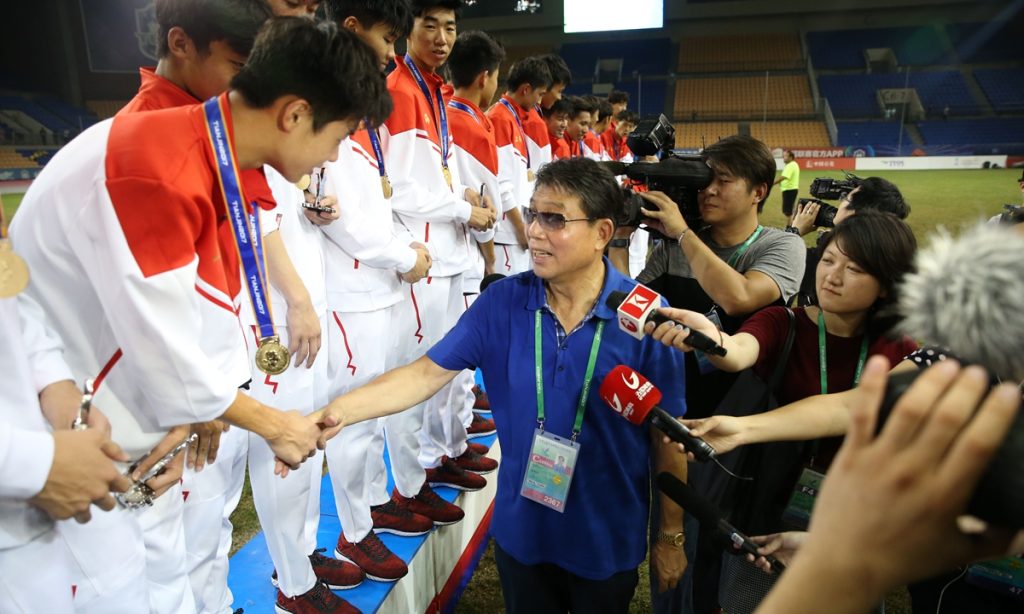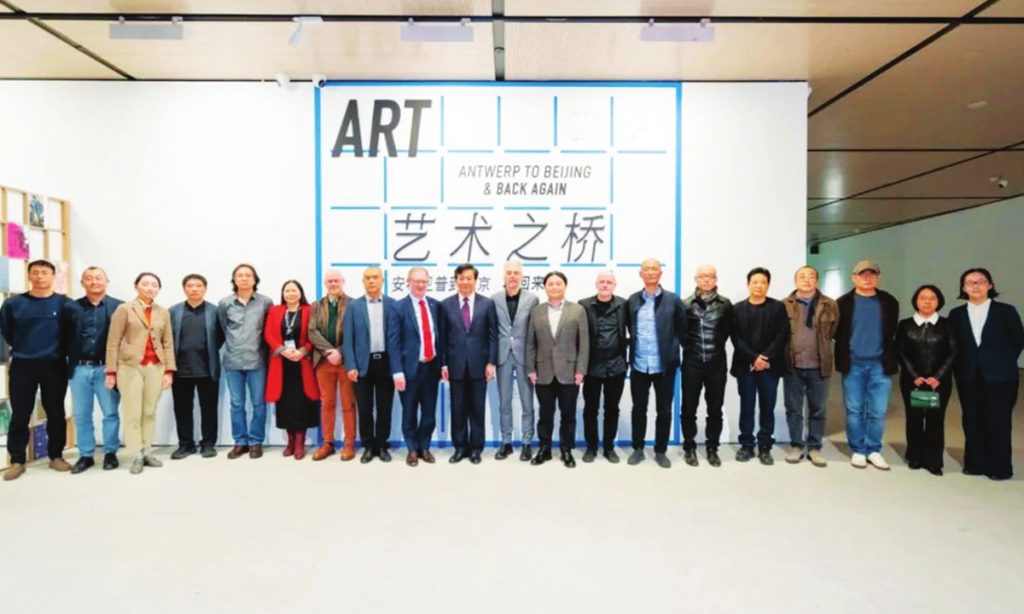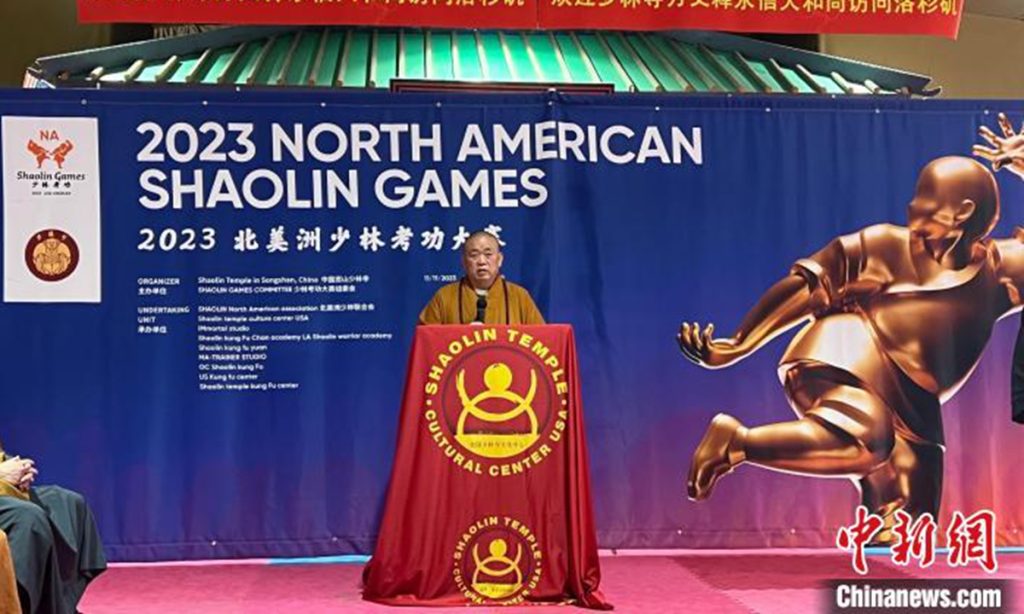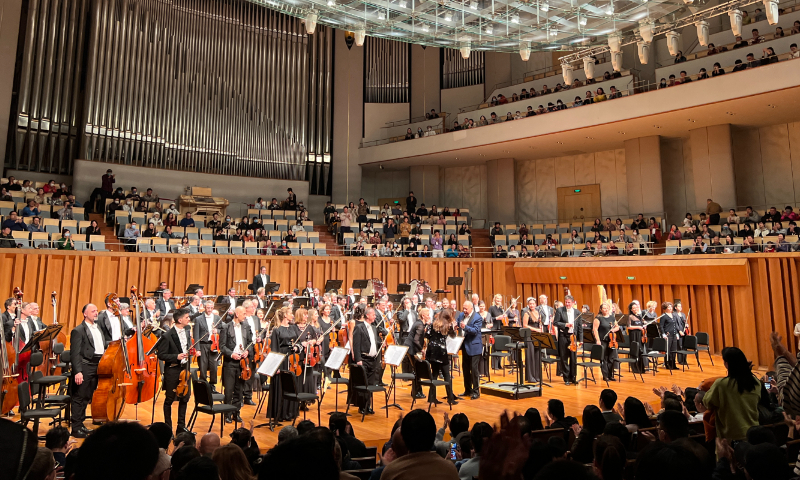How soccer changed fate of left-behind children
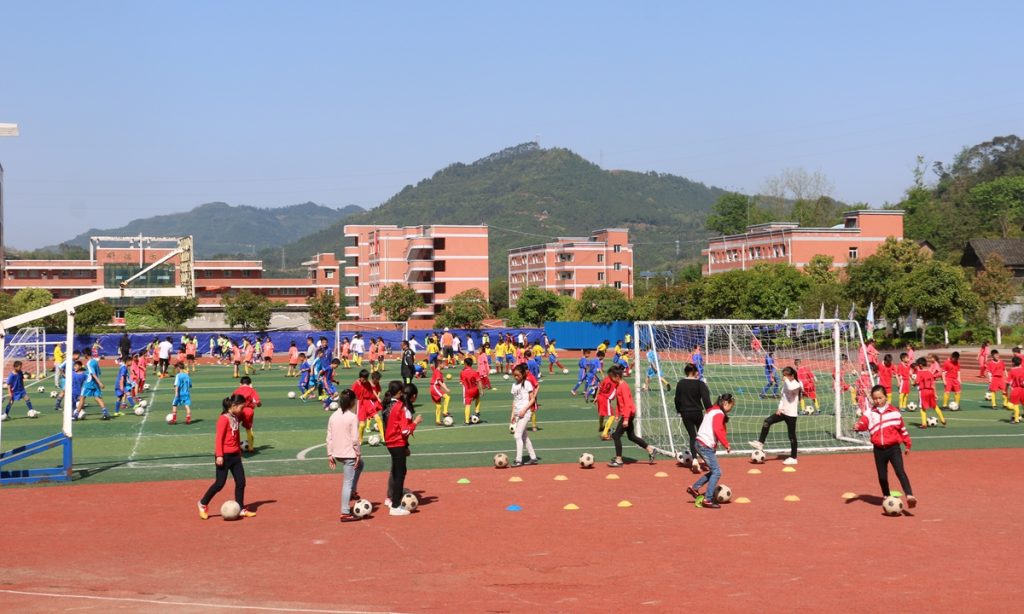
At the entrance of the Sanhe town primary school in Shizhu Tujia Autonomous County, in Southwest China's Chongqing Municipality, stands a larger-than-life soccer ball. Inscribed on the wall of the school are some Chinese characters that can be translated as "Play soccer for a better future."
In the past decade, hundreds of left-behind children developed their passion for soccer at their primary school located deep in the mountains and some of them have kicked their way into big-name universities or even into professional clubs.
In China, the term "left-behind children" refers to minors under 16 whose parents have left them in their hometown to go and work in urban areas, or minors who are left to the care of only one of the parents but he or she is incapable of guardianship.
According to a report jointly released by the China Foundation for Rural Development with Beijing Normal University in August, there were over 9 million left-behind children in elementary and middle schools across China's rural areas at the end of 2022.
The lack of parental care leaves these children vulnerable to social problems and has a negative impact on their emotional development, leading to problems such as depression, anxiety, or aggression.
The Sanhe town primary school is one of the schools in the poverty-stricken mountainous area where most of the students are left-behind children.
The disadvantaged backgrounds and lack of qualified teachers make it difficult for the students to achieve academic success comparable to that provided by schools in urban areas.
In an attempt to pull the children out of this plight, in 2012, then head of school Sun Xiaoming made an odds-defying decision that changed the life of many children.
"Elementary school students are short and thin, making it difficult for them to play basketball or volleyball. Soccer, which doesn't require a hoop or a net, can be either played by a team on the field, or practiced alone at home," explained Sun, talking about his idea of selecting soccer over other sports.
Based on the school's conditions and an overwhelming number of left-behind girls, Sun decided to establish a girls' soccer team that no one imagined would grow into a formidable force in Chongqing and China.
The first team of the school was made up of 20 girls, 19 of whom have made it into colleges based on their soccer skills.
Over 200 girls have played for the school team in the past 10 years with many being admitted to elite middle or high schools of Chongqing for their athletic achievements.
Current school principal Ma Jianwei told the Global Times that playing soccer offered the disadvantaged girls an opportunity to excel and change their fortunes.
"If not for playing soccer, most of the girls would have dropped out of school or bogged down in the daily grind of hard labor. Soccer offered them a path to get ahead and opportunities of receiving higher education," Ma said.
More than a sport
Recently, four alumni of the school team returned to Sanhe to share their experiences with the students on the school opening ceremony and offered them a boot camp.
Playing soccer was met with skepticism among parents at the beginning when the school did not even have a soccer field.
"At first, we played with rubber balls on concrete ground. Rain or shine, we kept training every day. We never gave it up even when we were black and blue," said alumnus Qin Furong.
Years of hard work paid dividends. Sanhe made its mark in the Chongqing varsity soccer league in 2015 and went on to win national varsity competitions in the following years.
Thanks to the donations from the society, an artificial grass court breathed new life into the girls' dream.
Over the past decade, more than 70 students managed to be admitted to elite schools across Chongqing.
Tan Siqi was selected to be the flag bearer at the 2019 Women's World Cup in France. Ma Qinglin signed with Shanghai Greenland Shenhua club to become a professional player in 2020.
Their strong performances earned them the nickname "Steel Roses in the Mountain," drawing a parallel to the name of the national women's soccer team.
"Soccer is more than a sport. It's the spirit that kept students' dream alive and helped them overcome difficulties," said Sun, who retired in 2018.
"Soccer has changed children's lives, but it's not just about making it to college. They also built a strong physique and developed resilience and independence," he added.
Ingrained in school life
Ma told the Global Times that currently the school has developed a soccer culture with students taking great pride in participating in the sport.
From grade two to six, every grade has their soccer team and they have training sessions every day through weekends and holidays.
League and competitions are organized for all age groups every month. Soccer is ingrained in the students' school life, according to Ma.
Ma said one of the four physical education lessons a week is dedicated to soccer, as the sport has been incorporated into the school curriculum as well.
Additionally, the school has also struck up partnerships with neighboring middle schools, who will admit 10-15 talented players from Sanhe every year to further their studies and pursue a career in soccer.
To promote the joint development of campus soccer around the region, the school has hosted an annual tournament since 2018, thus allowing schools from neighboring counties and provinces to connect with each other.
"Our goal is to strive for academic excellence while helping students develop an interest in soccer and offer them more options to get ahead," said Ma.
